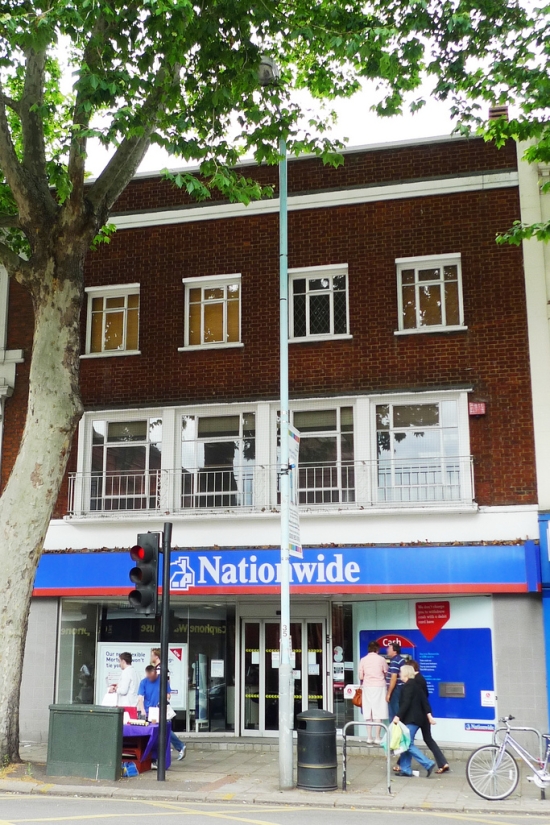Three of the mutuals taken over by Nationwide during the height of the financial crisis are to be rebranded and integrated into the chain’s existing portfolio, significantly adding to Nationwide’s high street presence. However, this move could come with a steep cost, as up to 40 building society branches in total could close.

The Derbyshire, Cheshire and Dunfermline building societies are due to become swallowed up entirely by the much larger Nationwide by the middle of 2015. This process will begin with the conversion of the Dunfermline Building Society branches early next year, with the other two following suit after the economic situation in the UK is assessed.
Altogether, Nationwide acquired 91 branches after the three separate building societies ran into difficulties after the first recession at the end of 2008. Both Cheshire and Derbyshire chose to merge with Nationwide early on, in September 2008, but it was not until March 2009 that Dunfermline followed suit.
This was due to a fatal £26 million loss, caused by the underperformance of its mortgage portfolio – largely made up of commercial and subprime properties.
In a statement released by Nationwide, it confirmed that half of the acquired branches would become Nationwide branded properties, while the remainder will either be shut down or “integrated into the nearest alternative Nationwide branch”. This, the firm claims, will benefit customers of the now defunct Cheshire, Dunfermline and Derbyshire building societies.
It continued; “Once the integration is complete, we estimate around 85 per cent of Cheshire, Derbyshire and Dunfermline customers will be within five miles of a Nationwide branch, compared with 70 per cent under the current arrangements.”
Of course, while proximity to their local branch will certainly be a bonus for the building society’s customers, the repercussions affecting the larger banking industry and also the high street must be considered.
Concerns have been raised lately regarding the shrinking of Britain’s banking network, with several large chains deciding to move operations to larger towns and thus decrease access in more rural areas. This is seemingly logical, as a growing number of customers now choose to bank primarily by telephone or online, yet does little to lessen the impact on those living in areas which have lost their bank.
Furthermore, the high street is just beginning to find its feet after several long years of contraction. Last month’s announcement of 0.3 per cent growth has raised business confidence, and the high street also managed to claw back business from out of town developments – but with closures remaining a very real threat to independent businesses, it is important that vacancy rates in town centres remain as low as possible until consumer confidence raises significantly once more.
While this announcement from Nationwide does confirm that many branches will remain open, it does little to reassure the communities and employees of branches hanging in the balance.
Previous Post
Skateboarders and Graffiti Artists Fight Southbank Plans